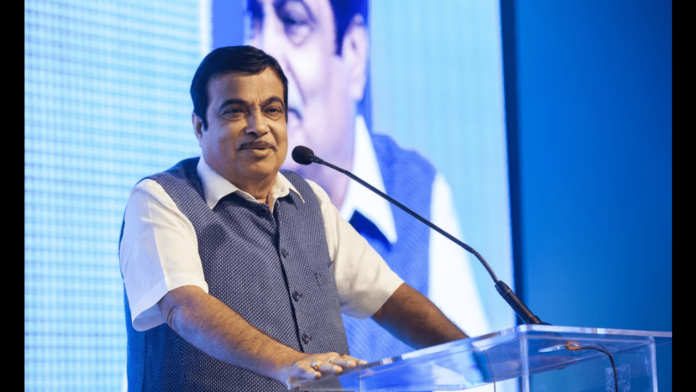In a recent address at the GH2 summit, Union Minister Nitin Gadkari highlighted the significant contribution of the transport sector to air pollution in India, stating that it accounts for 40% of the country’s pollution. Emphasizing that the road transport sector is responsible for 90% of this pollution, Gadkari, who oversees the portfolio, called for the development of greener fuel alternatives to combat the problem. He specifically mentioned the need for alternate fuels in the transport sector, highlighting the necessity of reducing the cost of green hydrogen to USD 1 per kg (Rs 83) from the current price of Rs 300 per kg. Gadkari referred to research conducted by IISc Bengaluru, where the cost of green hydrogen produced from biomass has been reduced to Rs 150 per kg.
Gadkari stressed the importance of employing proven technology, ensuring economic viability, promoting marketability of the finished product, and achieving import substitution as key strategies in this journey. He also underscored the significance of diversification in agriculture, with a focus on the energy and power sectors, to address pollution concerns. Gadkari highlighted the need to bridge the poverty gap by leveraging technology and exploring alternative energy sources such as wind, geothermal, and nuclear power alongside solar energy. With 135 ongoing projects on alternative fuels in the country, Gadkari assured the industry of a high demand for cars in the future, promising that the developed technologies would find takers.
He announced India’s ascent to become the third-largest automobile manufacturer globally, surpassing Japan, and expressed his ambition to make India the largest auto manufacturer in the world within three years, with an industry worth Rs 15 lakh crore. Gadkari’s call for greener fuel alternatives and his focus on reducing air pollution in the transport sector highlight the Indian government’s commitment to environmental sustainability and the urgent need for technological advancements in the field.


